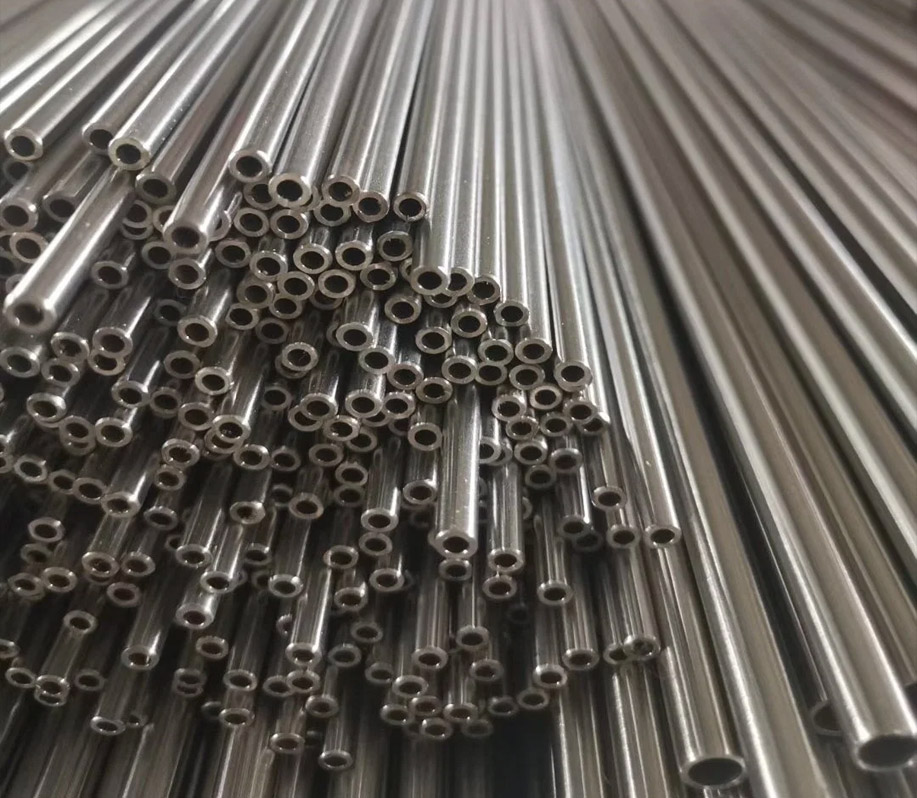Stainless Steel 304H Instrumentation Tubes are a vital component in many industries that require high precision, excellent strength, and corrosion resistance under elevated temperatures. As an enhanced version of the widely used 304 grade, 304H is specifically designed for high-temperature service, offering superior mechanical properties and durability. These tubes are commonly used in applications ranging from chemical and petrochemical processing to oil and gas refineries, power generation, and more.
In this article, we will explore the features, benefits, and applications of Stainless Steel 304H Instrumentation Tubes, along with why they are preferred for critical instrumentation systems.
What is Stainless Steel 304H?
Stainless Steel 304H is a high-carbon modification of the standard 304 grade. It contains a higher carbon content (0.04% to 0.10%) compared to 304 and 304L, which enhances its strength and creep resistance at elevated temperatures. This makes it particularly well-suited for applications requiring long-term exposure to high heat.
Key Elements in 304H:
- Chromium: 18-20%
- Nickel: 8-10.5%
- Carbon: 0.04-0.10% (higher than 304/304L)
Key Features of 304H Instrumentation Tubes
- High-Temperature Strength
- The increased carbon content provides improved tensile and yield strength at high temperatures, making 304H ideal for heat-intensive environments.
- Corrosion Resistance
- With excellent resistance to oxidation and corrosion in a wide range of atmospheric and chemical environments, 304H tubes can perform in harsh industrial settings.
- Dimensional Accuracy
- Instrumentation tubes are manufactured with tight dimensional tolerances to ensure leak-proof connections and precise flow control.
- Good Weldability and Fabrication
- 304H instrumentation tubes can be easily welded using standard welding techniques, and they are formable for complex installations.
- Pressure Resistance
- These tubes are capable of withstanding high internal pressures, making them reliable for use in high-pressure instrumentation systems.
Applications of Stainless Steel 304H Instrumentation Tubes
Due to their exceptional strength and resistance to corrosive and high-temperature environments, 304H instrumentation tubes are widely used in:
- Petrochemical and Chemical Plants
- For the safe and accurate transmission of fluids and gases under high temperatures.
- Power Generation Facilities
- Especially in boilers, heat exchangers, and superheater systems.
- Oil & Gas Refineries
- For instrumentation lines, control systems, and pressure lines.
- Pharmaceutical Industry
- Ensures cleanliness and resistance to aggressive cleaning agents.
- Food & Beverage Processing
- Non-reactive and safe for hygienic applications involving steam or heat.
Advantages Over Standard 304 and 304L Tubes
- Higher Creep Strength at elevated temperatures
- Better mechanical performance in pressure systems
- Longer service life in harsh operating conditions
- Cost-effective when high performance is required over the long term
Why Choose Stainless Steel 304H Instrumentation Tubes from Trusted Suppliers?
It is crucial to source 304H tubes from a reputed manufacturer or exporter to ensure:
- Precise manufacturing as per ASTM A213 / A269 / A632 standards
- 100% quality-tested and traceable products
- Surface finishing suitable for cleanroom and high-purity applications
- Availability in various sizes, wall thicknesses, and custom lengths
Conclusion
Stainless Steel 304H Instrumentation Tubes combine the strength, reliability, and corrosion resistance necessary for instrumentation in critical systems. Whether it's handling high temperatures or corrosive environments, these tubes deliver outstanding performance with long-term cost benefits. For industries that rely on precision and durability, 304H instrumentation tubes are a smart and dependable choice.
If you're looking for high-quality Stainless Steel 304H Instrumentation Tubes for your project or industrial setup, make sure to choose a certified and experienced supplier to ensure optimal performance and reliability.





Comments